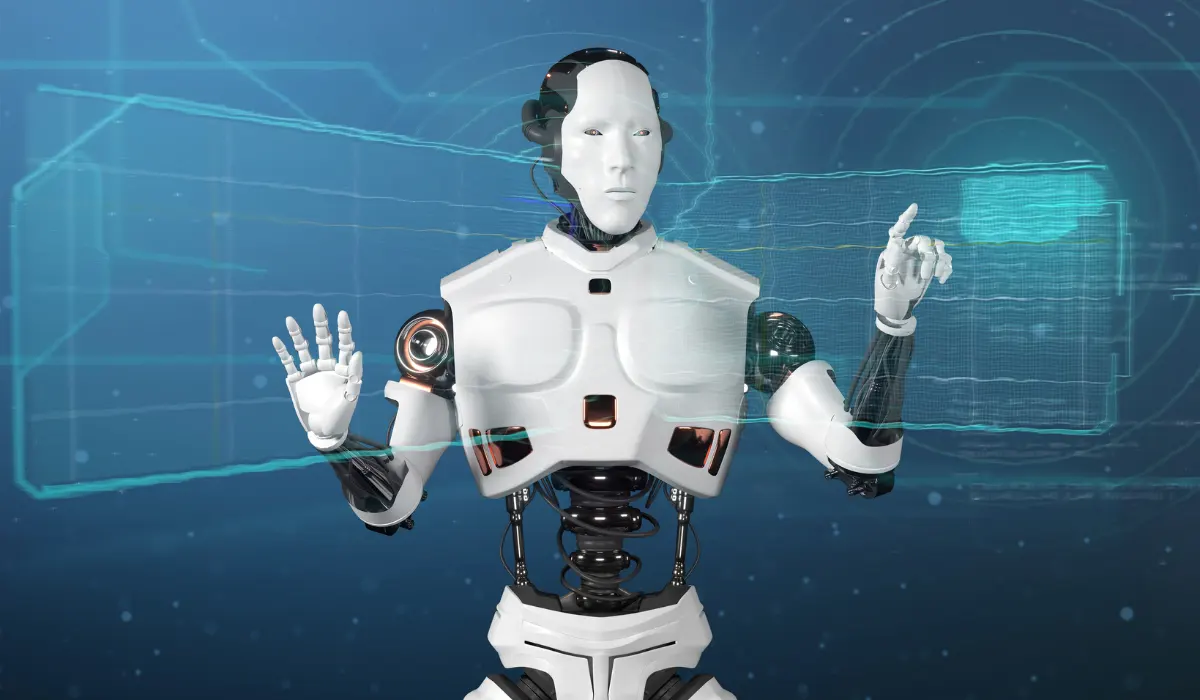In the landscape of artificial intelligence, few advancements have captured our imagination quite like Character AI. It’s not just about creating virtual entities that mimic human behavior; it’s about crafting digital personas that resonate, engage, and evolve. From gaming realms to customer service avatars, Character AI is redefining how we interact with technology and each other.
The Rise of Character AI
Character AI isn’t merely a product of recent breakthroughs; it’s the culmination of decades of research and innovation. Early attempts at character simulation were rudimentary, often limited to scripted responses or predefined actions. However, with the advent of machine learning and natural language processing, the possibilities expanded exponentially.
Today, Character AI encompasses a spectrum of capabilities
Personality Modeling: Characters can exhibit traits ranging from empathy to humor, tailored to suit diverse contexts and audiences.
Adaptive Dialogue: They can engage in dynamic conversations, understanding nuances, and context shifts in real time.
Emotional Intelligence: Through sentiment analysis and facial recognition, they can perceive and respond to users’ emotions.
Learning and Growth: Character AI can evolve, refining their responses based on user interactions and feedback loops.
Applications Across Industries
The versatility of Character AI has led to its integration across various sectors.
1. Gaming:
In the gaming industry, it has transcended traditional non-player characters (NPCs). These digital companions exhibit lifelike behaviors, forming deep connections with players and influencing the narrative trajectory. Whether it’s a loyal ally or a cunning adversary, these characters enrich the gaming experience, blurring the lines between reality and fantasy.
2. Education:
It is reshaping the educational landscape, offering personalized learning experiences. From virtual tutors providing individualized guidance to historical figures coming to life in interactive lessons, it’s revolutionizing how knowledge is imparted and absorbed.
3. Healthcare:
In healthcare, Character AI serves as a virtual assistant, offering support to patients suffering from various ailments, mental health conditions, or disabilities. They provide companionship, monitor vital signs, and offer reminders for medication or therapy sessions, enhancing the overall well-being of individuals.
4. Customer Service:
It is transforming customer service interactions, offering a more engaging and efficient alternative to traditional chatbots. With their ability to understand context and emotions, they provide personalized assistance, resolve queries, and foster brand loyalty through authentic connections.
Challenges and Ethical Considerations
Despite its potential, Character AI is not without challenges. Ensuring data privacy, preventing algorithmic biases, and maintaining ethical standards are paramount. Moreover, there’s the risk of overreliance on digital companions, potentially eroding genuine human connections.
The Future of Character AI
As technology continues to advance, the future of Character AI looks promising. With advancements in neural networks, augmented reality, and emotional computing, we can expect even greater immersion and interactivity. Imagine virtual characters seamlessly integrated into our daily lives, serving as mentors, confidants, and companions.
In conclusion.
it represents a paradigm shift in how we perceive and interact with technology. Beyond mere simulations, these digital personas have the power to inspire, educate, and empathize. As we harness this potential responsibly, we pave the way for a future where the lines between the virtual and the real blur, enriching our lives in ways we’ve yet to imagine.
